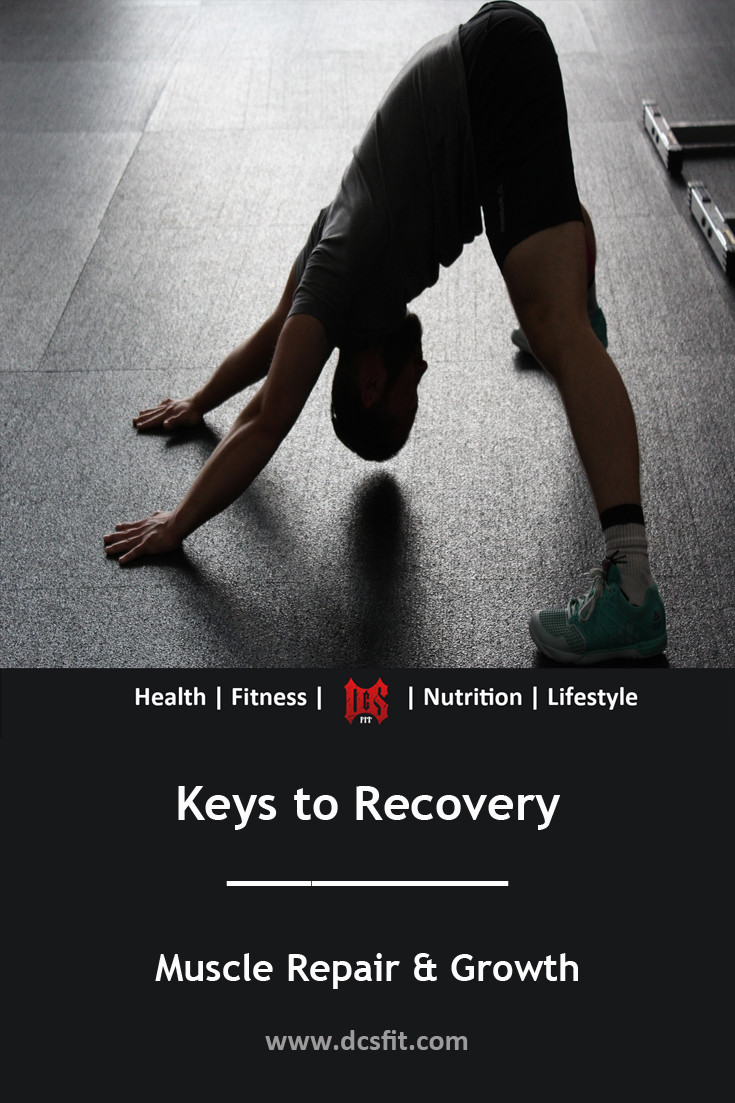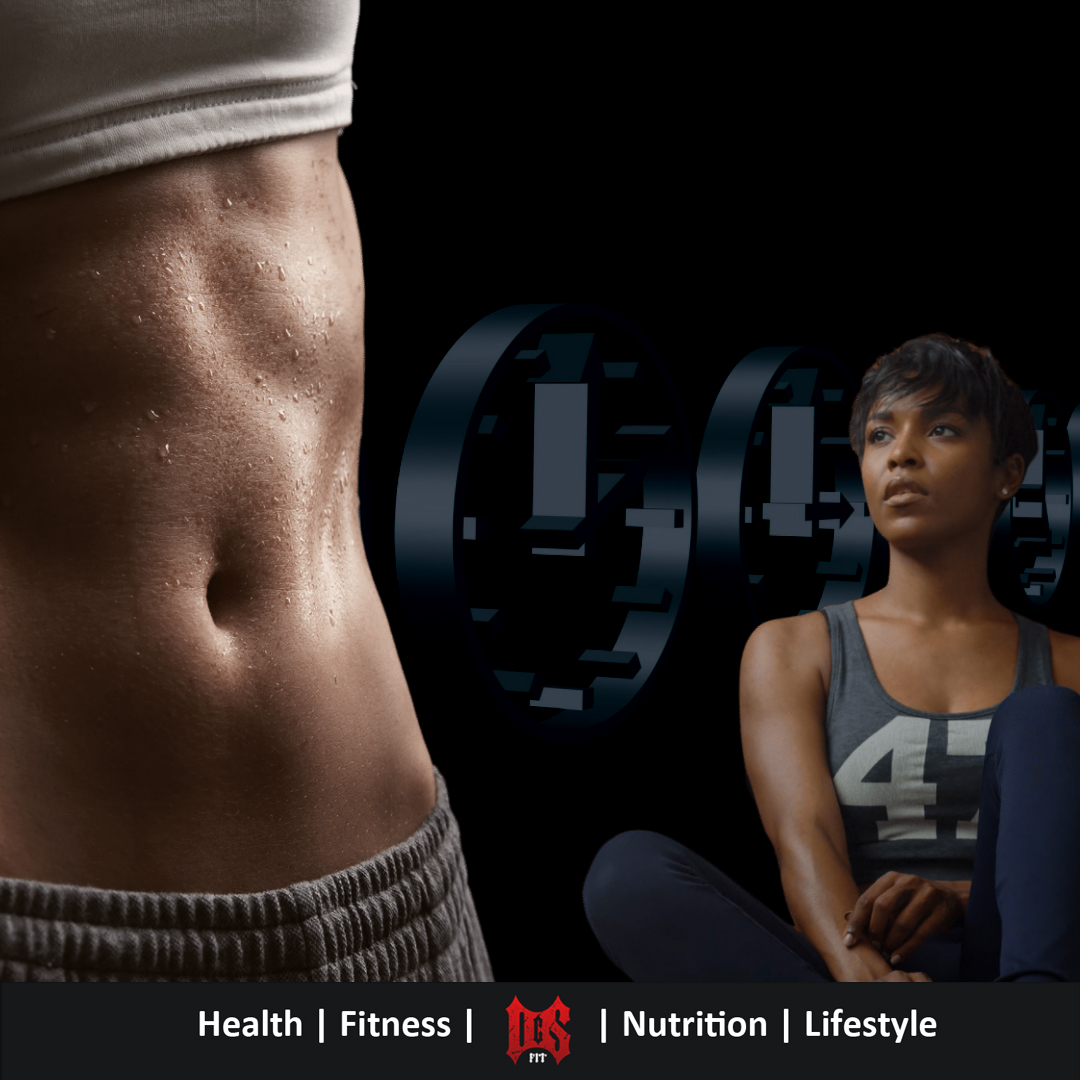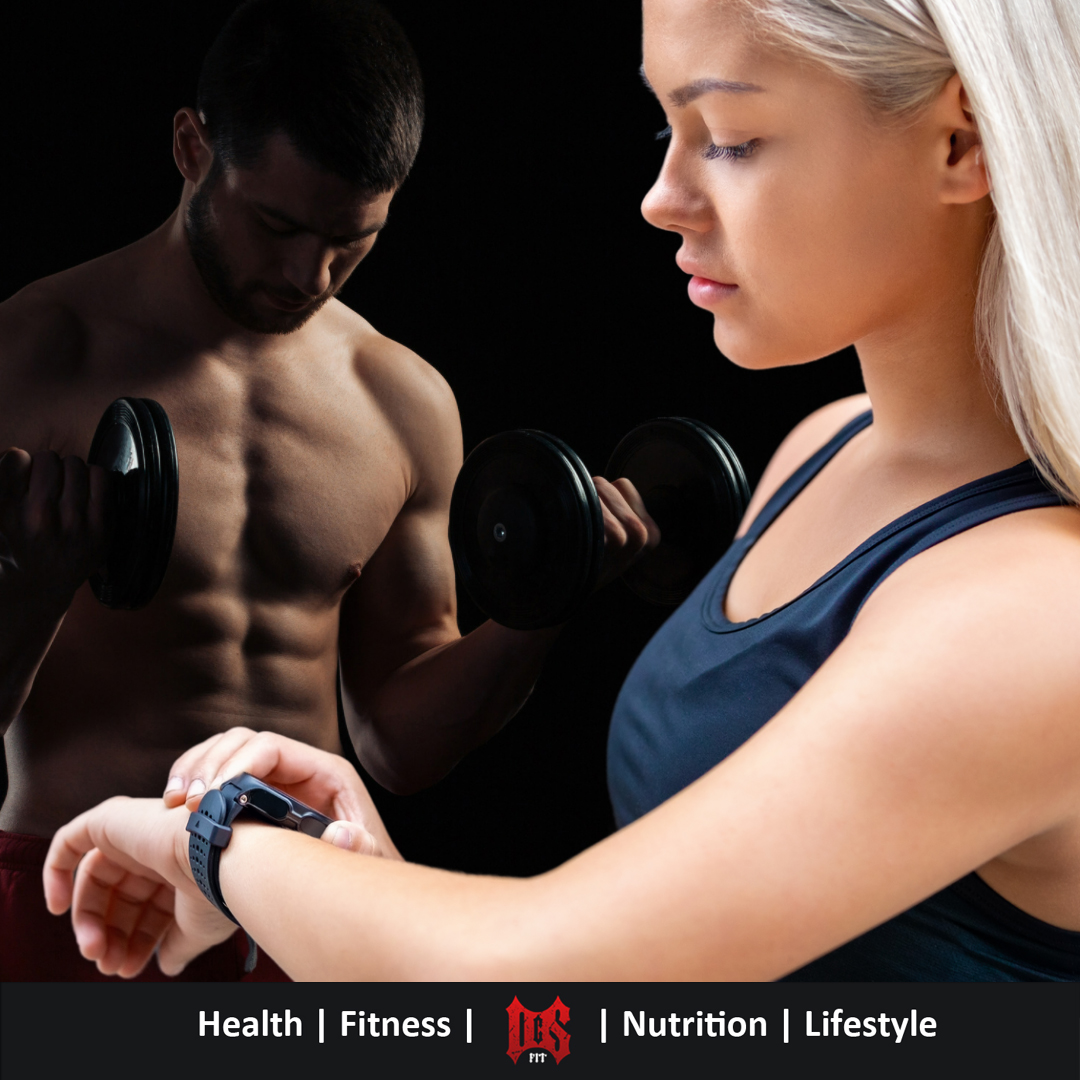KEYS TO RECOVERY
We know that we must work hard in the gym but what happens outside of training is just as, if not more, important than what we do inside the gym. Our level of recovery is what will determine if we are able to progress towards our goals whether that be losing fat, lifting more weight or building muscle.
If this aspect of our training isn’t on point, then all that hard work and sweat is going to be for nothing. There are three key aspects to recovery. The first aspect of recovery to consider is undoubtedly the most important and the one that if it isn’t right can wreck every other good thing we do.
Sleep
Good quality sleep is the single biggest factor in deciding whether we are going to be successful in our training. Without it everything else goes out the window. To illustrate the importance of sleep we can look at a study done comparing fat loss between two groups one having 8.5 hours sleep and the other 5.5 who were both on the same diet. The longer sleep group lost on average 1.5kg of fat with no observable loss in muscle. The sleep deprived group lost less than half the amount of fat at 0.6kg and lost nearly 1kg in muscle tissue.
So, if losing twice as much fat and keeping your muscles isn’t enough reason to get a better night’s sleep I don’t know what is. Now to the question of how much sleep you need. There is the often quoted 8 hours a night, but there is not a one size fits all answer to this I’m afraid. Everyone will require different amounts of sleep based on their own needs and lifestyle. The best rule of thumb is if you need an alarm to wake you up every morning you haven’t slept enough, the goal should be to wake up naturally, for me this after 7-7.5 hours but you will have to find your optimal amount.
As far getting the best nights sleep possible there are a few things that can help. Keeping to a sleep schedule where you go to bed and wake up at the same time every day will help your body get into a rhythm and can make getting to sleep easier. Avoiding eating heavy or spicy meals and caffeine in the evening. Also turning off any bright screens televisions or computers a while before you intend to sleep.
Nutrition
The next aspect of recovery to consider is nutrition, I won’t spend too long going into details on this because it’s a huge topic but to put it simply if you’re not eating a good diet you’re not going to be recovering. We need first to be eating an adequate amount of protein to support muscle recovery, rough guideline would be around 1lb per lb of lean body mass.
You are definitely going to want a decent amount of carbohydrate in your diet, it is the easiest energy source for your body to break down during resistance training and helps fuel your recovery post workout. Fats can be arranged however you like although not dropping below around 15% of total calories as they play an important role in hormone production. We also want to ensure a good micronutrient content in the diet so plenty of fruits, vegetables etc.
Stress
This is one aspect that many don’t seem to consider when they start a training regimen but it is absolutely central to success. Training whether that be running, playing sports or lifting weights is a stress to the body. To cause the adaptations we want, we have to place the body under stress and then let it recover.
However, if we already have high lifestyle stress on top of the added stress from training this can quickly overload the system and leave us feeling terrible. Now it’s not as simple as saying eliminate all your stress, those of you who have high pressure jobs or young children don’t have that option. So, we have to look at strategies to bring that stress down. These will again be completely individual to you but things like yoga, meditation or going for a relaxing walk can all do wonders for lowering overall stress but the key is to find something you enjoy and can implement regularly. I will quickly note that alcohol is not going to be an effective stress management tool as it may make you feel better temporarily but it will actually add to overall stress on the body.
These three areas are the key to having a good recovery protocol in place and should be the primary focus of attention as without them any other methods are going to be ineffective. If these are locked in and you want to optimise the recovery process as much as possible we will quickly look at some common methods of doing so.
If you are someone who lets the stresses of work adversely affect your health and fitness, have a look at this article on the issue of ‘Too Much Work’
Active Recovery
This may seem a strange one, since when did doing more work enable you to recover better but this has good scientific backing. Active recovery consists of usually some lighter intensity cardio the day following a training session. If we squat on Monday and we don’t train again till Wednesday it may be a good idea on the Tuesday to do some active recovery. The rationale behind this is that by exercising the muscles again in this light way we can pump more blood into the area and flush out the by-products of training which will speed up recovery. The key is not to make this another load of hard training just an enjoyable short easy session so a walk, yoga or a short stint on an exercise bike are all excellent ways to recover without adding in any extra stress to the body.
Massage
Some of the benefits of massage have been shown to be a perceived reduction in fatigue and positive effects on both stress levels and sleep. Remember stress and sleep being two of the three key areas so if you enjoy massage it can be an excellent addition. Also, regular massage has been correlated to improvements in flexibility and a reduced injury rate which if you want to keep training regularly are obvious plusses.
(If you are interested in booking a massage with one of our in-house sports therapists, click here for more info)
Hot/Cold Therapy
This can come in numerous forms, ice baths, hot baths and contrast therapy. Firstly, ice baths, these are a tricky one they do seem to offer a benefit in removing lactate acid and other by-products of hard training and they help dampen down central nervous system fatigue. However, they suppress the inflammatory response of the body which can slow down the rate of muscle growth and recovery. For this reason, they are best used during deload weeks where muscles are more rested and not in need of as much repair or if you have a lot of inflammation which is causing issues.
Hot baths don’t seem to offer any added recovery ability above and beyond you finding them enjoyable and relaxing but in this respect, they could be good recovery tool if they help you reduce stress or sleep better. Contrast therapy is the practise of going from cold water to hot water then back again usually repeated for several bouts. These again line up pretty much where ice baths do, they can be a useful tool if used at the right time.
Stretching
This is one of the most common recovery strategies and for good reason it is very effective. Keeping flexible and mobile has obvious benefits beyond just recovery and should really be included in everyone’s regimen as a matter of course. However, looking just at recovery, it has been shown to reduce muscle soreness and restore range of motion following resistance training.
To get your recovery on point and really make the most of your time in the gym make sure to get the big three right, if you get enough sleep, eat right and keep a handle on your stress your on to a winner as far as recovery goes. Pick whatever other methods you feel suit you best, personally I use active recovery and stretching regularly with contrast therapy during deloads or times I’m feeling particularly sore.
The key to getting any of these elements in place is getting your head in the right place to begin with.
Grab Your Free Cheat Sheet & Get Your Head Space Primed for Success

Keys to Recovery
Muscle Repair by Kieron Fisher
Do you have anything to add?
Are there any approaches you find help aid recovery and progress in your routine?
Or have you read the above, implemented any and found them helpful?
Sound off in the comments below.
And remember to share this with others. You never know who you may be helping in doing so.




Leave A Comment